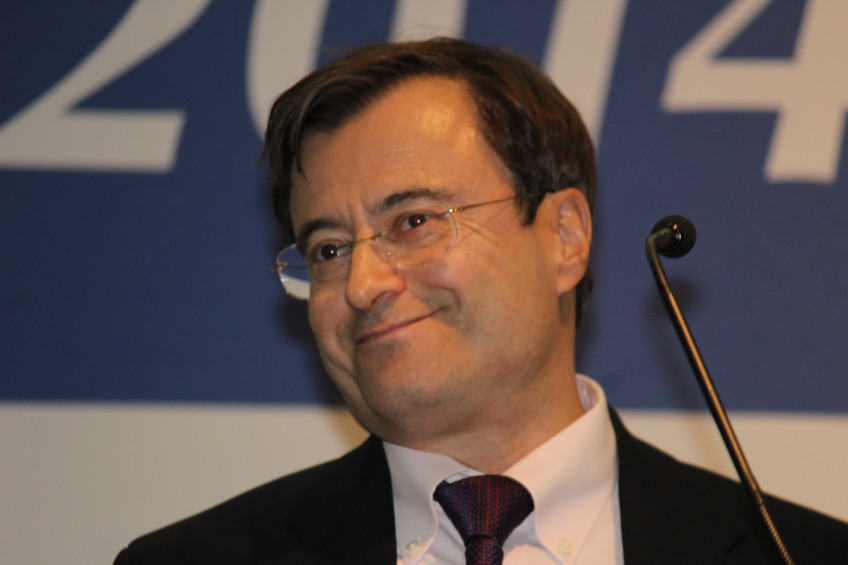Russian pork business: self-sufficiency by 2020

The limitation of US and EU pork imports as a result of the crisis over Ukraine has only accelerated Russia’s endeavours to achieve self-sufficiency for meat production.
This was the message of Dmitri Rylko, from the Russian Institute for Agricultural Market Studies (IKAR). He spoke at the International Pig Event 2014, held on the night before the opening of EuroTier, the biannual animal husbandry show in Hanover, Germany. The Pig Event was organised by the European Pig Producers.
Rylko in general addressed the question where Russia is in its development of the meat sector in general and the position of pork in particular. In the last year, Russia closed its borders for EU pork after African Swine Fever (ASF) had been confirmed in Poland as from January, after which the Ukrainian crisis aggravated the sanctions against pork from the EU and the United States.
The import gap is currently being filled by mostly pork from Brazil, Canada, Chile and Serbia, Rylko explained, although he did not specify whether current import quantities are at the same levels as when pork was imported from the EU and the US.
Russia aims to achieve its self-sufficiency by e.g. stepping up public spending as well as encouraging its own companies to invest more.
Rylko illustrated that even before the sanctions, the projected level of meat imports as part of total market capacity will have dropped to only 17%, where in 2005, this was still 43%. This is mainly due to an ever-growing domestic production, he illustrated.
With regard to pork, he said that production figures have risen from 1.5 million metric tonnes in 2005 to a projected close to 3.0 million metric tonnes in 2014.
Exactly how quickly developments have been going was illustrated by a graph stating that in 2012 about 49% of the pigs was from modern farms, 41% was from what would be called ‘modernised’ and 10% was from ‘not upgraded facilities. Only two years later, the number of pigs coming from ‘modern’ farms had risen to 60%, and ‘not upgraded’ had sunk to 3%.
2014
The blocking from EU pork due to African Swine Fever led to a price increase in the swine sector.
The Russian government has already helped its industry with supplying temporary rescue packages in the form of feedstuff subsidies, regional support programmes, breeding farm support, and interest rate credit subsidies.
In addition, the larger players in the meat chain, like e.g. Miratorg and Cherkizovo, have jointly already announced investments of 193 billion roubles in the years to come.
The joint efforts are expected to lead to a total production of almost 5.0 million metric tonnes by 2020 – a figure which combines commercial (4.4 MMT) and household (0.5 MMT) production.
Brazil
One of the countries profiting from the Russian ban on EU and US pork is Brazil. As was explained by Camila Brito Ortelan, of the University of São Paulo, Brazil.
She showed a graph how volatile demand from Russia has been, as exports were allowed and banned, depending on judgments from Russian veterinary authorities. Exports to Russia in 2014 are expected to reach 0.15 million metric tonnes, which makes Russia suddenly by far the largest importer of Brazilian pork.
Ortelan also pointed out that in the states in Brazil’s Center West, new developments are taking place and many pig-related investments are being made.
China
As for the situation in China, professor Chen Yaosheng from the Sun Yat Sen University, China, explained that China is looking for a new balance as meat production and meat consumption cannot possibly continue to grow at the same pace it has been doing for years.
He pointed to the scarcity of natural resources, stricter waste regulations, increased costs of production and poor management as reasons for a reduced growth rate.
Improving efficiency and optimising business models is the way forward, he said.











